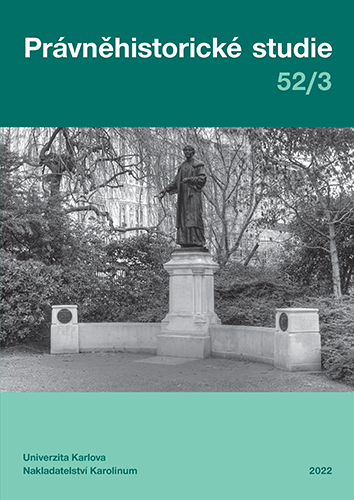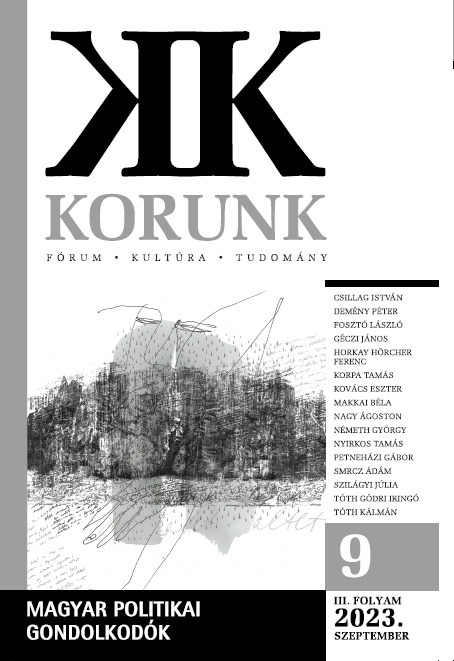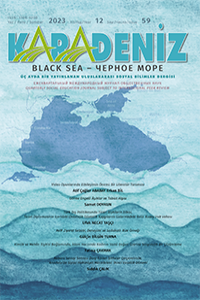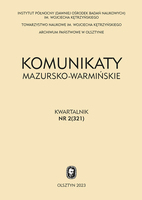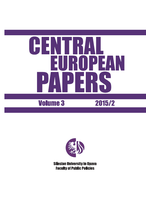
The Congress of Visegrád in 1335
The article deals with the organisational aspects of the Congress of the Czech, Hungarian and Polish Kings in Visegrad in 1335. The introduction focuses on the sources of this research. The first substantive chapter deals with the political and logistical aspects for the choice of the location for the Congress and then with the main points of the negotiations. Significant part of the article is dedicated to the previous history of the Congress and to the organizational details. The readers can obtain a lot of information about the number of participants and about their social-cultural life during the Congress. Very interesting part of the article deals with the kind of official gifts and with the question of how much did the participants eat and drink. The article is a very important introduction to the every days life of the medieval Congresses and political summits of high ranks.
More...
